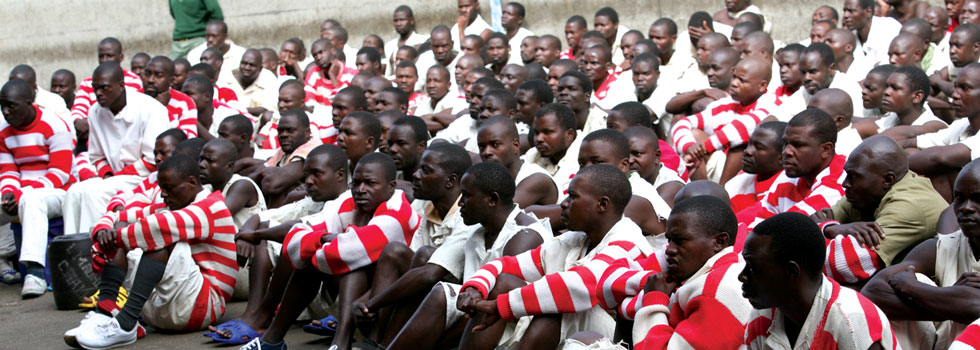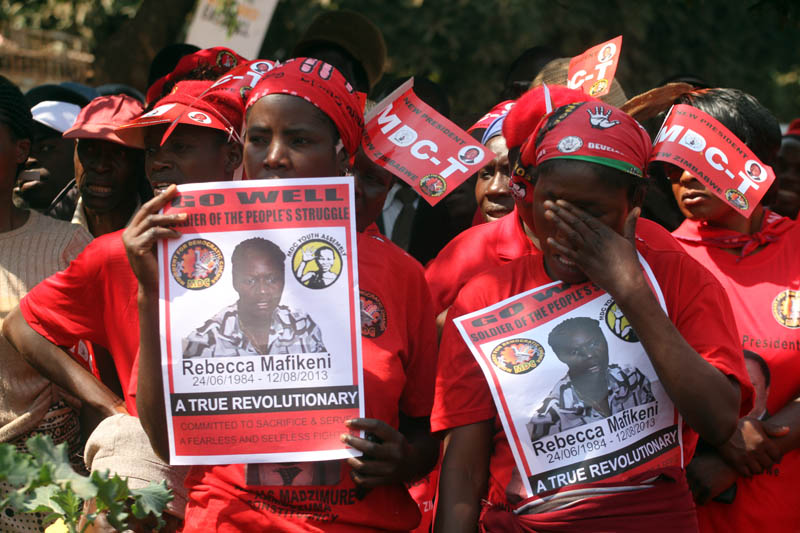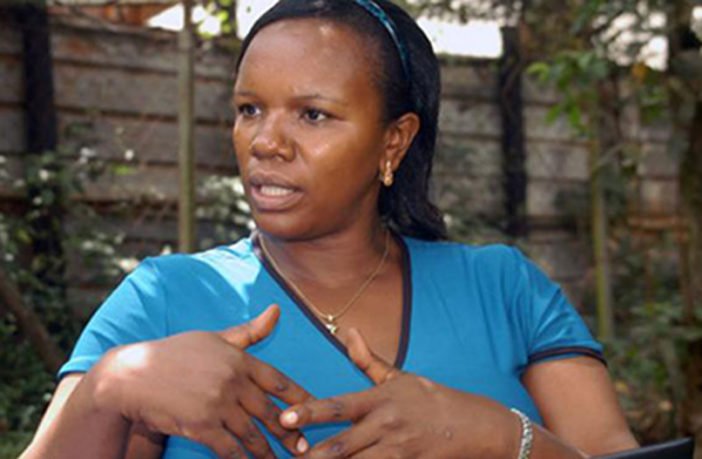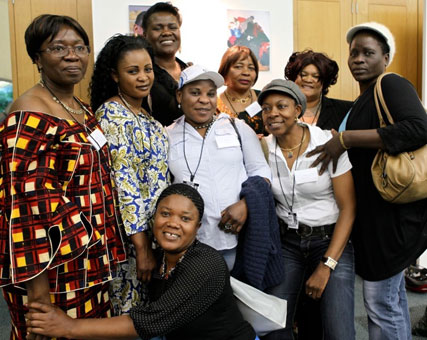
The Republic of Chikurubi is getting worse. Last week, Zimbabwe’s “justice ministry” and prison officials revealed that at least 100 prisoners died from hunger and starvation this year. At least 100. Given Zimbabwe’s prisons, they could as easily have been remand prisoners as convicted prisoners, but really, what difference does it make? They’re dead, and they died a long, slow, painful, harrowing death. If that’s not torture, what is?
There is shock but no surprise here. Four years ago, a report on death and disease in Zimbabwe’s prisons began: “A bare struggle for survival, with food at its core, has come to define prison life in Zimbabwe. Describing the conditions in two of the capital city Harare’s main prisons in late 2008, a prison officer explained: “we’ve gone the whole year in which—for prisoners and prison officers—the food is hand to mouth…They’ll be lucky to get one meal. Sometimes they’ll sleep without. We have moving skeletons, moving graves. They’re dying.” Prison staff have had to convert cells and storage rooms to “hospital wards” for the dying and to makeshift mortuaries, where bodies “rotted on the floor with maggots moving all around”. They have had to create mass graves within prison grounds to accommodate the dead. In many prisons, the dead took over whole cells, and competed for space with the living. Prisoners described how the sick and the healthy slept side by side, packed together like sardines, with those who died in the night. A former prisoner, a young man, struggled to convey the horror of these conditions: “That place, I haven’t got the words…. I can describe it as hell on earth—though they say it’s more than hell.” Another simply said, “The story of the prisons is starvation”.”
As prisoners lose the bare struggle for survival, humanity loses the bare struggle for dignity. Doctors, lawyers, ex-prisoners, prisoners’ family and friends, prison staff, and others have written repeatedly that Zimbabwe’s prisons are death traps. Some talk about “necropolitics”, the power politics of death. They say necropolitics is “the power and the capacity to dictate who may live and who must die.” In Zimbabwe’s prisons, it’s not about living and dying. It’s about ways of dying. There’s torture, and there’s starvation. Life or death is not the currency. The currency is pain and suffering.
Meanwhile, the Zimbabwe National Water Authority, which is a government agency, has shut off water to Marondera Prison: “About 500 inmates at the Marondera Prison are at risk of contracting waterborne diseases after the Zimbabwe National Water Authority (ZINWA) disconnected water supplies over a $375,000 Bill… The complex has not had water since December 4th raising prospects of an outbreak of diseases such as cholera.” The officer in charge of the prison describes it as “a time bomb.”
Torture. Death by starvation. Cholera. In the prisons of Zimbabwe, the time bomb has long exploded. It’s beyond time for a real change.
(Photo Credit: News Day Zimbabwe)



